Enterprises globally have accumulated massive amounts of data over the years in quest of discovering the promised rewards of big data.
However, the question that often arises across management is - Where is the value associated with the data?
Managing data and developing insights is not enough to accelerate digital business transformation. These activities should also deliver measurable business outcomes. Increased data sharing is leading D&A teams in an organization to establish data transparency. Data sharing offers a way to optimize relevant data to generate more robust data and analytics for solving business challenges and meeting enterprise goals.
Data democratization requires a lot more than making data easily accessible. Today, organizations are moving towards building a true data democracy. However, just providing access to data, that is, either raw data in a data warehouse or as visualizations inside a product analytics tool or in a business intelligence tool, is not data democratization.
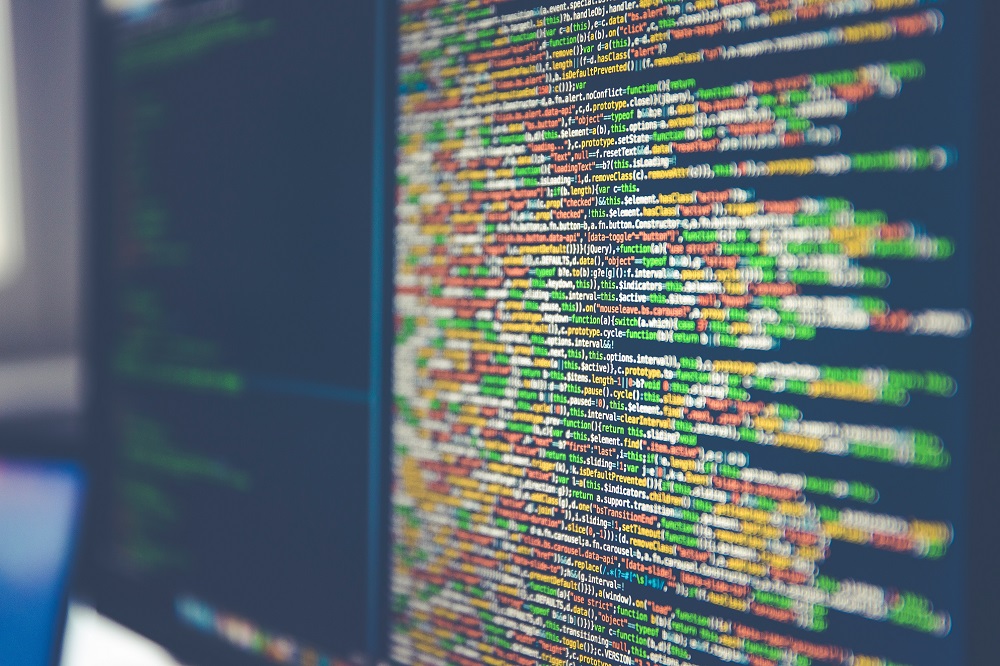
So, what is data democratization?
Data democratization is an ongoing process of enabling everyone in the organization to work with data comfortably, feel confident talking about it and make data-informed decisions that build and strengthen customer experiences.
An organization that wants to truly democratize data should embrace the following principles-
-
Empower employees to feel comfortable asking or discussing data-related questions
-
Provide the right mechanisms to enable everyone in the organization to work with data
-
Perceive democratization of data as a steady process that may call for an organization-wide cultural shift
The data democratization movement was born in response to finding a solution for this question. The transition to a more democratized view of data should be fully centralized or decentralized.
Data democratization should be perceived by organizations as a full continuum of options between these extremes. The ideal solution can be found by monitoring for a "goldilocks' state for data democratization; and by engaging in culture and process that is open to changes inside an organization.
Read more: A Brave New World – Fascinating Real-Life Applications of Data Analytics

The Goldilocks Approach to Data Democratization
To incorporate data democratization, enterprises should consider where it wants to be on the continuum of this fully centralized to decentralized approach to data or in between.
-
Centralized: Responsibilities to Remain with Data Science Experts
Guidance around when and how the organizational data should be shared with other departments or exposed to the public always remains a centralized responsibility. The ethical, financial, and legal costs associated with it are too high for inadvertent mistakes from well-meaning individuals. In centralized governance, the nature of actions around data access, formats, quality, authority, and sharing should stay with the data science experts.
-
Decentralized: New Responsibilities for Individual Departments and Developers
Individual departments can be made responsible for deciding what data can be exposed from their department to other departments to optimize operations and design new applications. A fundamental element of this model is that the publisher or the publishing department does not have any control over who and how the published data is consumed.
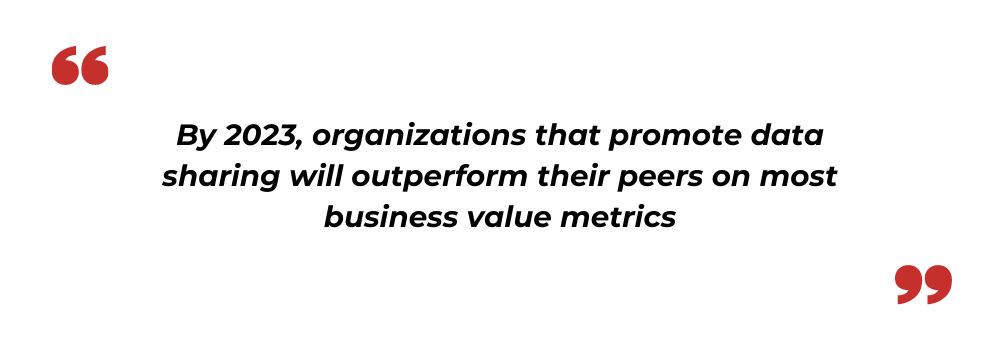
Evaluating the Preparedness of an Organization for Data Democratization
Unless there is an existential threat to an organization, ingrained business culture is likely to block technology transformation. Shifting to a more democratized use of data may imply significant organizational change that an enterprise has not previously considered data democratization or is unprepared for it. So, where can they start?
-
Evaluate The Current Situation: Open Mindsets or Walled Restrictions?
Whether intentional or not, an organization should be flexible while navigating specific ways in this increasingly quantified world. For organizations with a particular vision of data science, their organization policies should reflect them. They should be open to considerations to integrate well-understood democratization policies as a part of their daily organization practices. Given the cultural attitude and organizational structure around data, it is vital to identify the current predisposition for change in different departments of the organization - is the company ready to embrace or experiment with data?
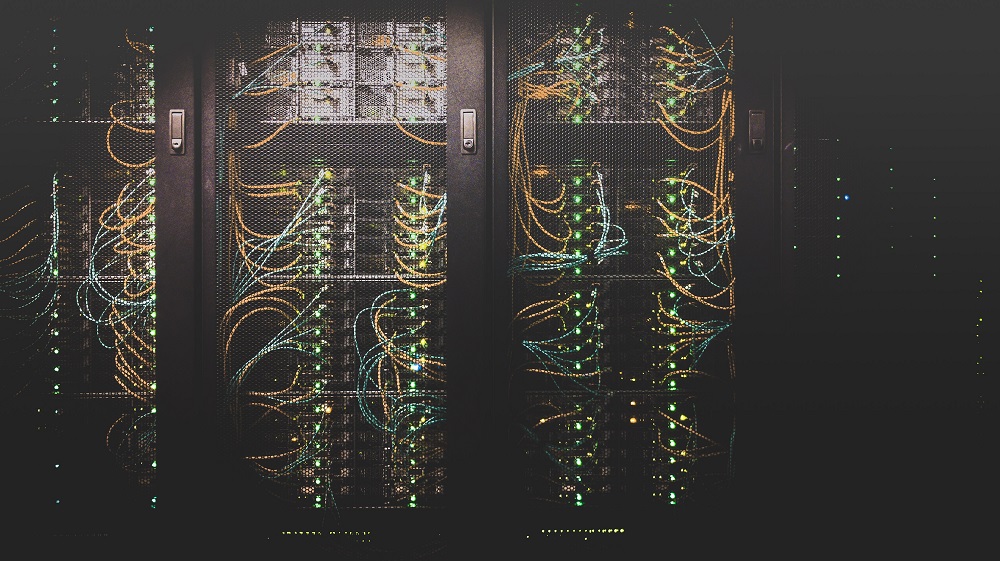
-
Build New Relationships through Data Cross-Pollination
An organization's or employee's thinking is shaped by those with whom they interact. To relieve fears about the unknowns of data and to come to terms with its power, employees should engage in mentoring relationships with data scientists. With rotation programs, organizations can build a practical way for data experts to temporarily move onto other teams and educate them within the context of how specific challenges they face can be tackled with data democratization.
-
Prepare for Organizational Change that is Fuelled by Data
It is vital for organizations today to move from bolted-on processes and incorporate fundamental shifts in their everyday operations. In many organizations, newly data-informed mindsets and relationships quickly run head-on into the roadblock of organizational inertia. This has put a limit to where data can go and what it can do. The old way of data application focuses more on applying digital tools to incrementally improve an existing process. The new way of thinking is to employ digital tools for informed decision-making that necessitates organizational change.
Read more: TCFD: Exploring the New Regulations for Reporting Climate-Related Data
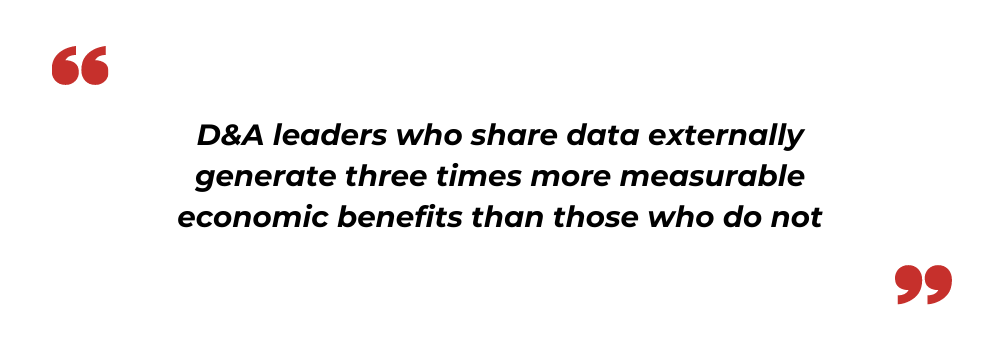
Data Protection for Responsible Data Consumption
Data protection often comes into play when the coverage of data includes the confidential data of customers. Certain questions can be presented by a data engineer, including-
-
Who is authorized to process this data?
-
Is there consent required to process the data?
-
Does the data need to be anonymized?
Information such as privacy classification, data of customers, data and privacy stewards, and associated entitlements can get absorbed into engineering analysis. However, to monitor the types of data that will be exposed inside and potentially outside the company, ethical compliances and competitive ramifications will have to be set to avoid lurkers from taking advantage of unwitting mistakes. It is therefore vital to establish a workflow for data authorization and enrichment of information. While these activities can be governed manually, to enhance the data quality, it is integral to incorporate reporting attributes or model features to ensure data security.

Fundamental Steps to Achieve Data Democratization
For organizations to benefit from data democratization, it is vital for them to create it intentionally. This signifies that an organizational investment should be made in attributes including software, budget, and training. In this world of data democratization, breaking down knowledge silos is the first step toward user/employee empowerment. This cannot be achieved without customizable analytics tools capable of desegregating and connecting historical data, making it accessible as well as manageable from a single place.
Today, data democratization is changing the way data is analyzed, consumed, and applied in an organization. This practice makes data available to more people for them to analyze and gain insights with the help of software applications. Organizations now preparing to embark on this journey of Data Democratization require the support of their people, technology, and processes directed by the right strategies and plans. The challenges with data democratization lie in transmitting the data without breaking the legal and privacy policies. The way to go about it is to draw parallels from individuals while adhering to the well-laid broad policies.
Read more: Anticipating the Unanticipated: Balancing Business Resilience in the new age of Innovation
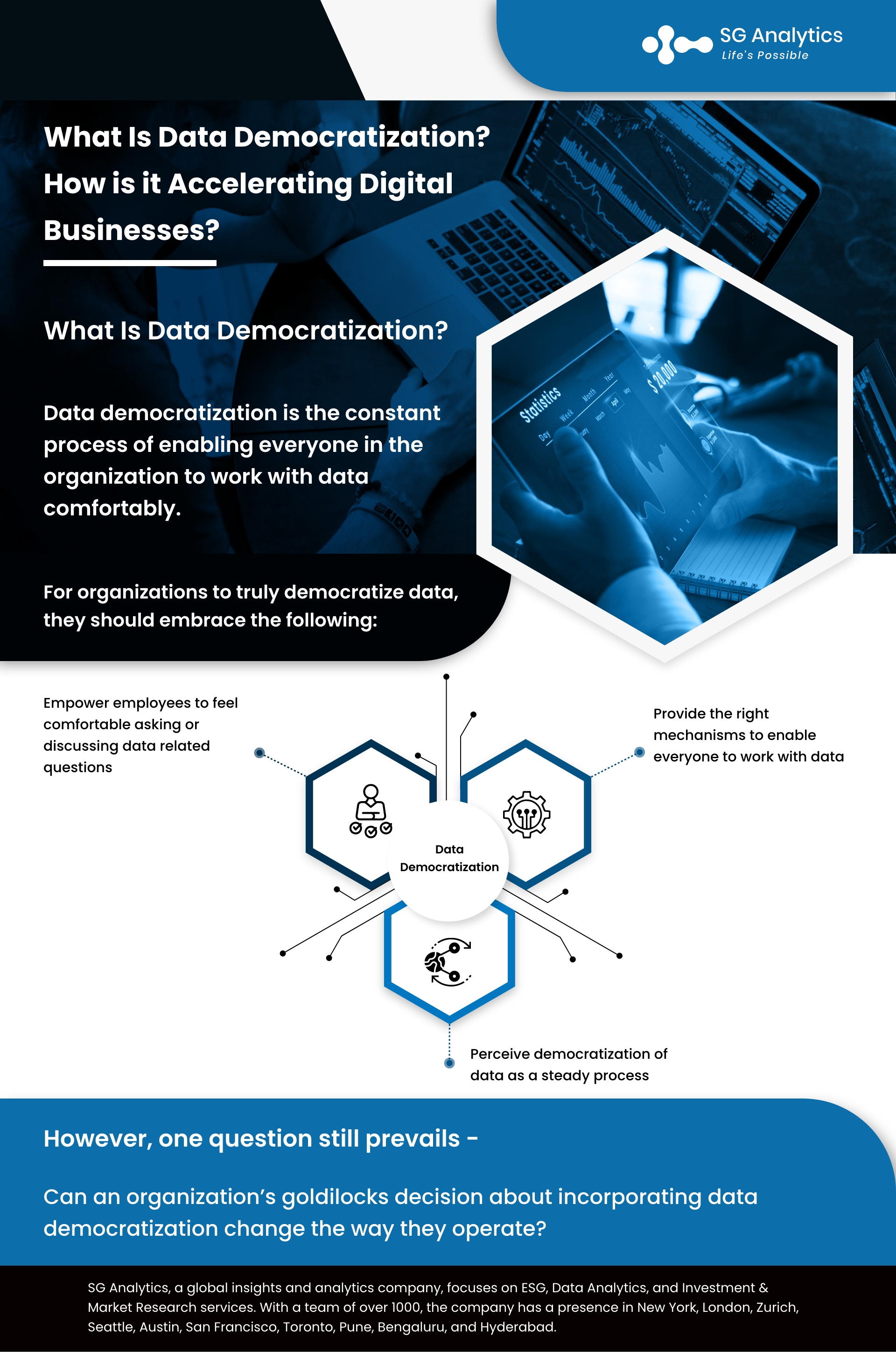
The Journey Ahead to Data Democratization
The journey to achieve an optimal position in a data democratization environment can be achieved through a centralized-decentralized data continuum. While it is unique for every company, the organization should be willing to continually incorporate changes over time. To complete this data journey, employees, including data analysts, data engineers, business data stewards, and other privacy stewards, should collaborate actively. This can include direct interactions with stakeholders as well as building trust with their endorsement-based expertise and judgment on a data governance toolset.
However, one question still prevails - can an organization's goldilocks decision about incorporating data democratization into their operational culture change the way they operate?
With a presence in New York, San Francisco, Austin, Seattle, Toronto, London, Zurich, Pune, Bengaluru, and Hyderabad, SG Analytics, a pioneer in Research and Analytics, offers tailor-made services to enterprises worldwide.
A leader in Data Analytics, SG Analytics focuses on leveraging data management & analytics and data science to help businesses discover new insights and build strategies for business growth. Contact us today if you are looking to make critical data-driven decisions to prompt accelerated growth and breakthrough performance.









